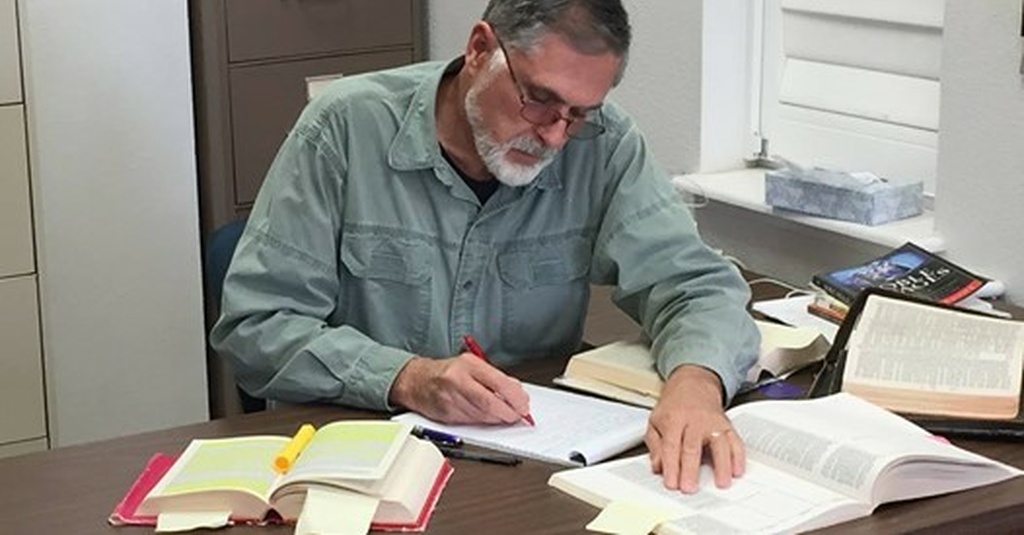
“The Day of the Lord”
It is a mistake to limit “the day of the Lord” to a single event. It is every time God destroys man’s pretentions so that His Providence might move forward. “The day of the Lord” is God hitting a “reset” button and saying, “This stops now!”

- Mark R. Rushdoony
A phrase repeated twenty-two times in the prophets is “the day of the Lord.” That number could be multiplied if we counted all their references to “that day,” a phrase which is repeated in the New Testament.
It is a mistake to limit “the day of the Lord” to a single event. Some would limit the Old Testament references to the fall of Jerusalem (586 B.C.) and the New Testament ones to the singular events of A.D. 70. These specific judgments are certainly examples of “the day of the Lord,” but the meaning is broader and should not be limited to a single historical event but rather to every time God frustrates the progress of evil and reinvigorates His Kingdom. It is every time God destroys man’s pretentions so that His Providence might move forward. “The day of the Lord” is God hitting a “reset” button and saying, “This stops now!”
We err in looking at eschatology as a single end of all history because God forces many endings on man. If you had lived in the generations of Noah’s Flood, Babel, Pharaoh’s army, the Canaanites in the time of Joshua, or the fall of Jerusalem in either 586 B.C. or in A.D. 70, you would have seen it as an ending forced by God so that man’s plans would be frustrated and His advanced. “The day of our Lord” is a recurring fact of history.
“The day of the Lord” is destructive of that which opposes God but restorative of God’s salvation. We may suffer with the ungodly during judgment, but our hope is that God will Judge sin and reset history to His glory. We have hope for the future because Christ is on His throne and “of the increase of His government and peace there shall be no end (Is. 9:7a).
“The day of the Lord” is a frightening concept, but the alternative is worse. Our hope for the future is that God will yet once again say, “This stops now!”

- Mark R. Rushdoony
Mark R. Rushdoony graduated from Los Angeles Baptist College (now The Master’s College) with a B.A. in history in 1975 and was ordained to the ministry in 1995.
He taught junior and senior high classes in history, Bible, civics and economics at a Christian school in Virginia for three years before joining the staff of Chalcedon in 1978. He was the Director of Chalcedon Christian School for 14 years while teaching full time. He also helped tutor all of his children through high school.
In 1998, he became the President of Chalcedon and Ross House Books, and, more recently another publishing arm, Storehouse Press. Chalcedon and its subsidiaries publish many titles plus CDs, mp3s, and an extensive online archive at www.chalcedon.edu. His biography of his father will be published later this year (2024).
He has written scores of articles for Chalcedon’s publications, both the Chalcedon Report and Faith for all of Life. He was a contributing author to The Great Christian Revolution (1991). He has spoken at numerous conferences and churches in the U.S. and abroad.
Mark Rushdoony has lived in Vallecito, California, since 1978. His wife, Darlene, and he have been married since 1976. He has four married children and nine grandchildren.